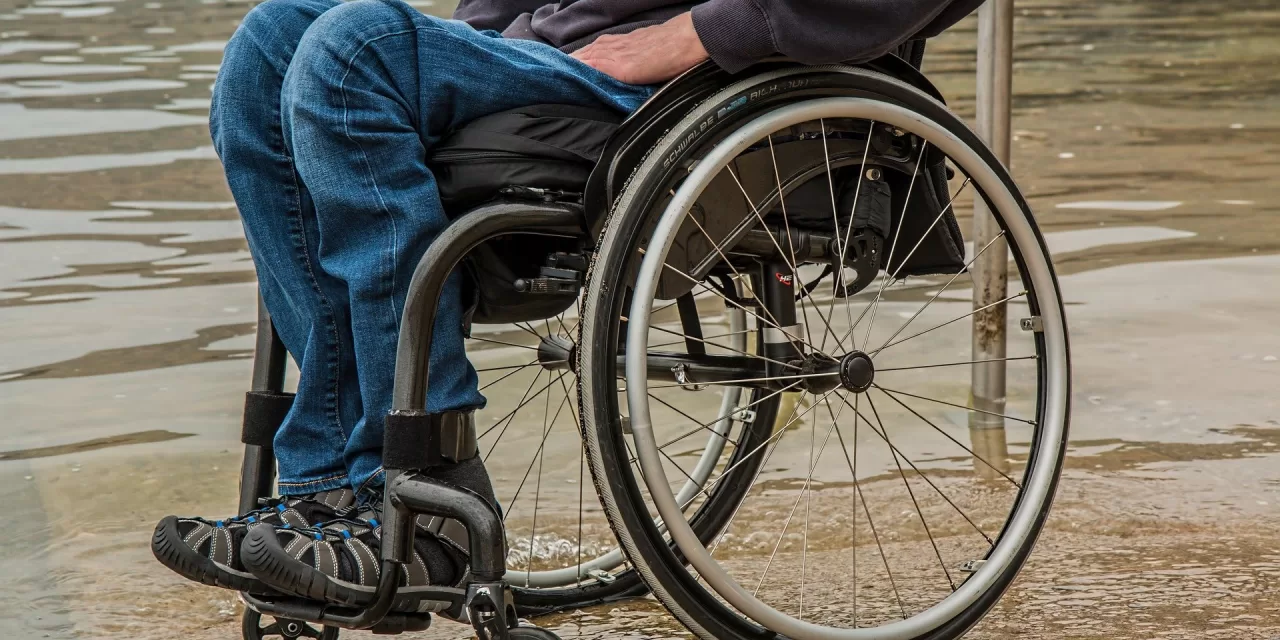Date: August 14, 2024
A recent study from Yale School of Medicine underscores a crucial gap in stroke prevention research: the exclusion of patients with significant post-stroke disabilities from clinical trials. Published in JAMA Network Open, the research highlights how this exclusion could undermine the applicability of trial results to a significant portion of the stroke survivor population.
The study, led by Dr. Adam de Havenon, an associate professor of neurology at Yale, reveals that over half of stroke survivors experience some degree of disability, which often includes challenges such as mobility issues or the need for assistance with daily activities. Yet, many stroke prevention trials typically exclude these individuals, focusing instead on participants with minimal or no disability. This practice, the researchers argue, may limit the effectiveness and generalizability of the trial findings.
Using data from two major clinical trials that did include patients with moderate to severe disability—one with over 20,000 participants from 2003 to 2008, and another with more than 3,800 participants from 2005 to 2015—the study analyzed the relationship between disability severity and the risk of recurrent stroke or major cardiovascular events.
The findings are striking. In the larger trial, the incidence of subsequent strokes was 7.2% among those with no disability, 8.7% among those with mild disability, and 10.6% among those with moderate to severe disability. Similarly, rates of major cardiovascular events rose from 10.1% in participants with no disability to 17.2% in those with moderate to severe disability. The pattern was consistent in the second trial as well.
Dr. de Havenon highlights the implications of these findings: “Rates of recurrent stroke and major cardiovascular events are significantly higher in individuals with more severe post-stroke disability. By excluding these patients from trials, we may not be capturing the full spectrum of treatment effectiveness.”
The study also found that patients with more severe disability were more likely to be female or belong to underrepresented racial and ethnic groups. This suggests that excluding these individuals from trials not only affects the relevance of the findings for all stroke survivors but also diminishes the representation of diverse demographics in research.
While some trials may exclude patients with severe disabilities due to concerns about adherence or attrition, Dr. de Havenon advocates for a more inclusive approach. “It is essential that trials consider and accommodate participants with varying levels of disability. Including these individuals ensures that research findings are applicable to a broader population and supports equitable healthcare advancements.”
The study calls for trial designers to embrace a more inclusive model, acknowledging that while trials involving patients with severe disabilities require additional considerations, such adaptations are feasible and necessary. Dr. de Havenon’s perspective is clear: “If other disease states can include participants with disabilities, there’s no reason stroke trials shouldn’t.”
More information:
Adam de Havenon et al, Disability and Recurrent Stroke Among Participants in Stroke Prevention Trials, JAMA Network Open (2024). DOI: 10.1001/jamanetworkopen.2024.23677












